Europe has seen a ‘significant’ rise in dengue infections in recent years. The European Union (EU) health agency said tiger mosquitoes are spreading the infections. But why have the cases increased now? read more
)
Climate change has been blamed for the rise in dengue cases in Europe. Reuters (Representational Image)
Europe is witnessing an alarming rise in dengue and other mosquito-borne diseases. The European Union’s (EU) health agency has warned that an invasive mosquito species has spread in dozens of EU nations.
The European Centre for Disease Prevention and Control (ECDC) said on Tuesday (11 June) that dengue infections have quickly surged across Europe, with some cases becoming severe.
Let’s take a closer look.
What is dengue?
Dengue is a viral infection spread to humans through the bite of infected mosquitoes. It has flu-like symptoms such as high fever, severe headache, nausea, vomiting, body aches and rash, as per the World Health Organisation (WHO).
Also known as “breakbone fever” due to the muscle and joint pains it can cause, the first symptoms of dengue occur after four to 10 days of the mosquito bite.
It can turn fatal in some cases.
According to the WHO, the disease is endemic in over 100 countries, with more than 60 lakh cases and 7,000 deaths reported last year.
Uptick in dengue cases in Europe
Europe has reported multiple outbreaks of dengue in recent years.
Last year, France saw 641 confirmed or probable cases of dengue. Several infections were also recorded in Italy and Spain.
As per the Stockholm-based ECDC, 130 locally-acquired infections of dengue were logged in the EU last year, compared to 71 in 2022, reported AFP.
The health agency noticed this was a “significant increase” from the 2010-2021 period when only 73 cases came to light.
However, most of the cases in Europe are imported. These infections have also seen a jump from 1,572 infections in 2022 to 4,900 last year.
As per the Spanish La Vanguardia newspaper, Céline Grossner, a leading expert at the ECDC on mosquito-borne infections, warned that “the conditions are in place for outbreaks this summer" in Spain.
Reasons behind the surge
The ECDC has blamed tiger mosquitoes for the increase in dengue cases in 13 countries in the EU, including France, Spain and Greece.
The health body said climate change is leading to warmer conditions that help these invasive mosquitos to spread.
“Europe is already seeing how climate change is creating more favourable conditions for invasive mosquitos to spread into previously unaffected areas and infect more people with diseases such as dengue,” ECDC director Andrea Ammon said, as per AFP.
“What we can see is that there is a connection between a higher temperature in summer, a milder winter and the spread of the mosquitos further in areas where they are not present right now,” she added.
Tiger mosquitos, which are majorly found in tropical countries, have set up bases in Austria, Bulgaria, Croatia, France, Germany, Greece, Hungary, Italy, Malta, Portugal, Romania, Slovenia and Spain, the ECDC says.
These mosquitoes can transmit diseases like dengue fever, chikungunya and Zika virus. Until recently, they were only located in parts of Africa, Asia and the Americas.
Ammon cautioned that the surge in international travel “from dengue-endemic countries will also increase the risk of imported cases, and inevitably also the risk of local outbreaks.”
Although the number of infections in Europe was currently small, “we will see an increase in the coming years”, the ECDC director was quoted as saying by Independent.
The infections are predicted to be higher this year owing to the unprecedented outbreak in South America and the surge in travellers coming to Europe from affected countries, La Vanguardia reported.
“The more imported cases there are, the higher the probability of having local outbreaks,” Grossner said, as per the Spanish newspaper.
France, which is hosting the Olympics in July, has started taking measures to prevent transmission. Authorities were “fully mobilised” and ready for any possible outbreak, Independent cited a French health ministry official as saying.
How to stay protected?
The mosquitoes that spread dengue are active during the day. As per the WHO, people can keep themselves protected by wearing clothes covering most parts of the body, using mosquito repellents and using mosquito nets on windows if sleeping during the day.
The ECDC advised removing stagnant water from gardens or balconies, where mosquitoes can breed.
Ammon suggested people to “personal protective measures”, and that “early detection of cases, timely surveillance, further research and awareness-raising activities are paramount in those areas in Europe most at risk”, reported Independent.
With inputs from agencies

 3 months ago
23
3 months ago
23




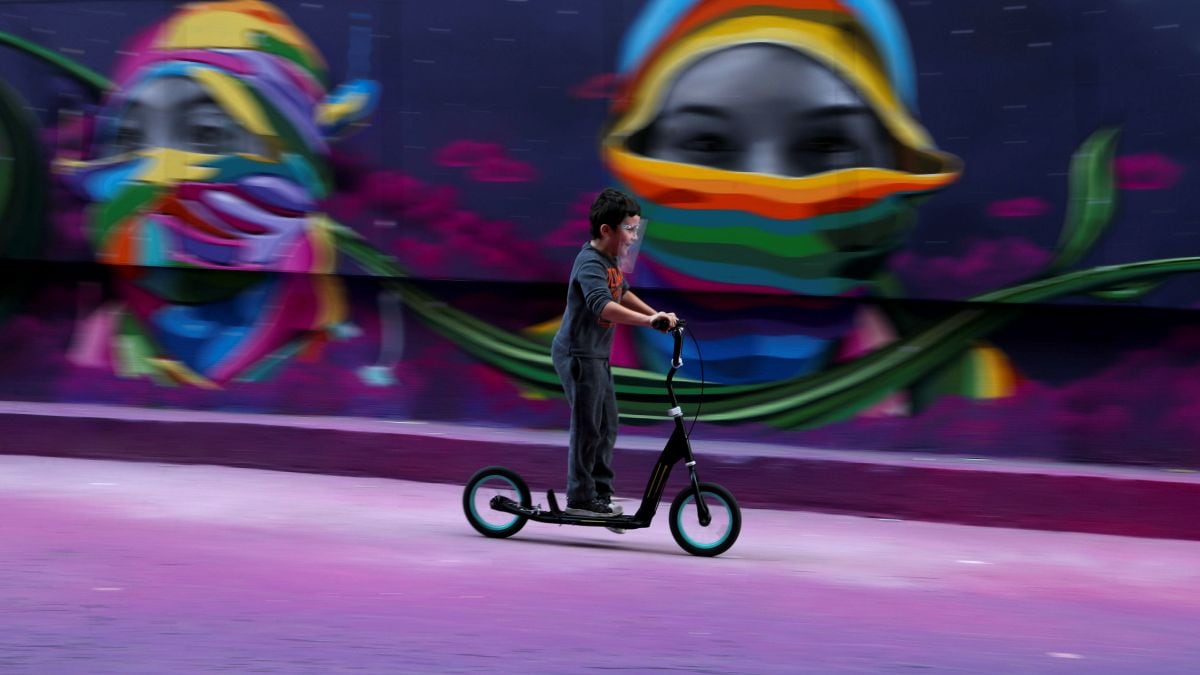


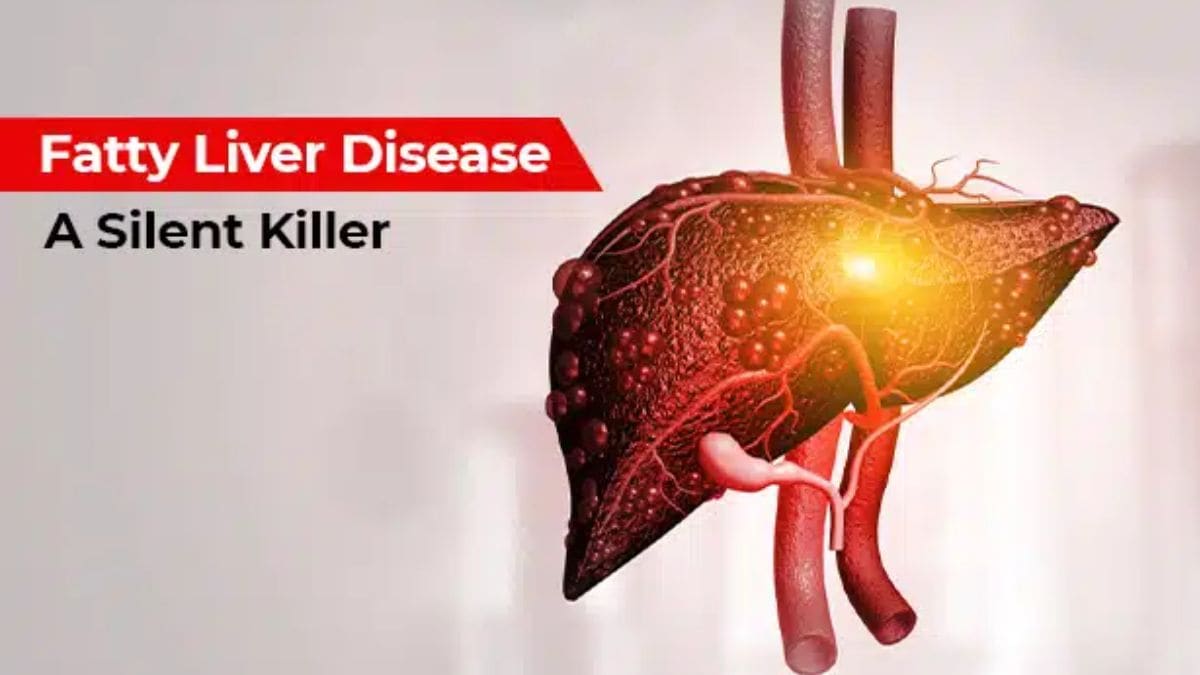

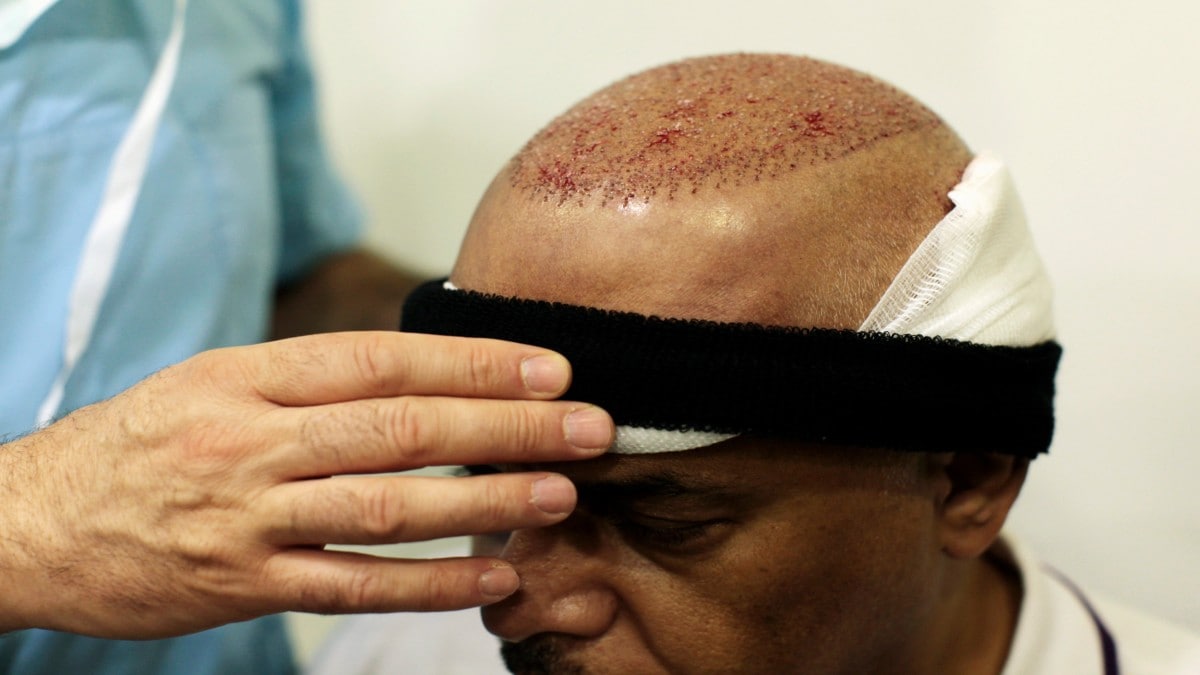

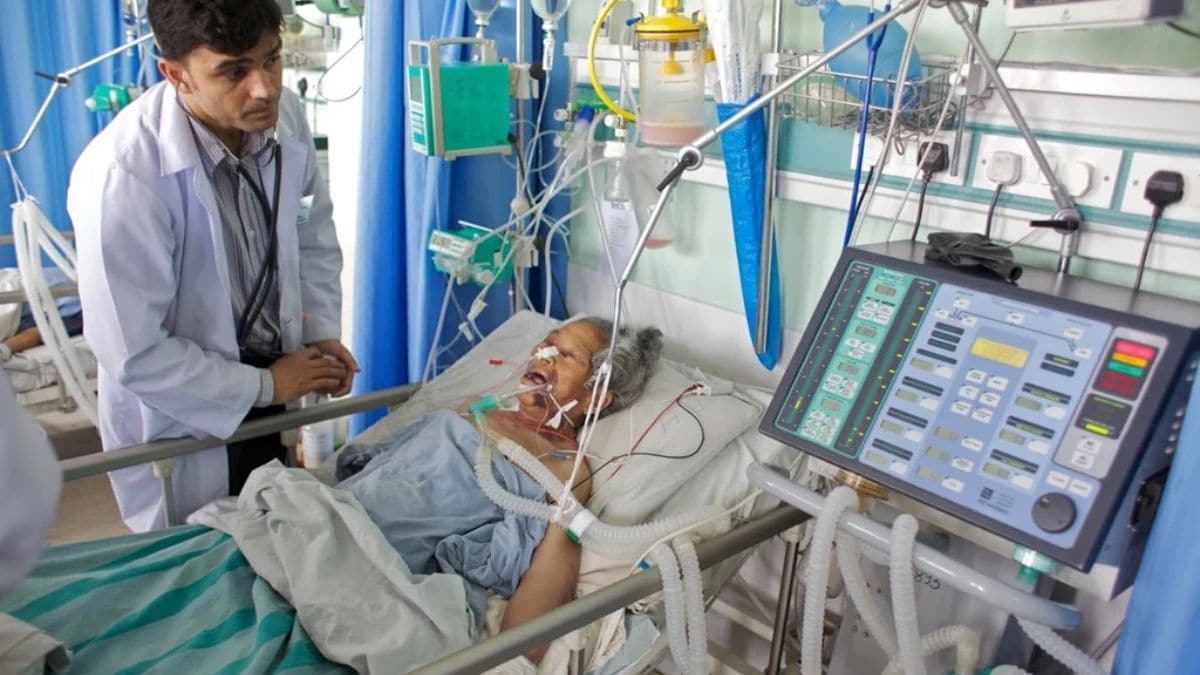
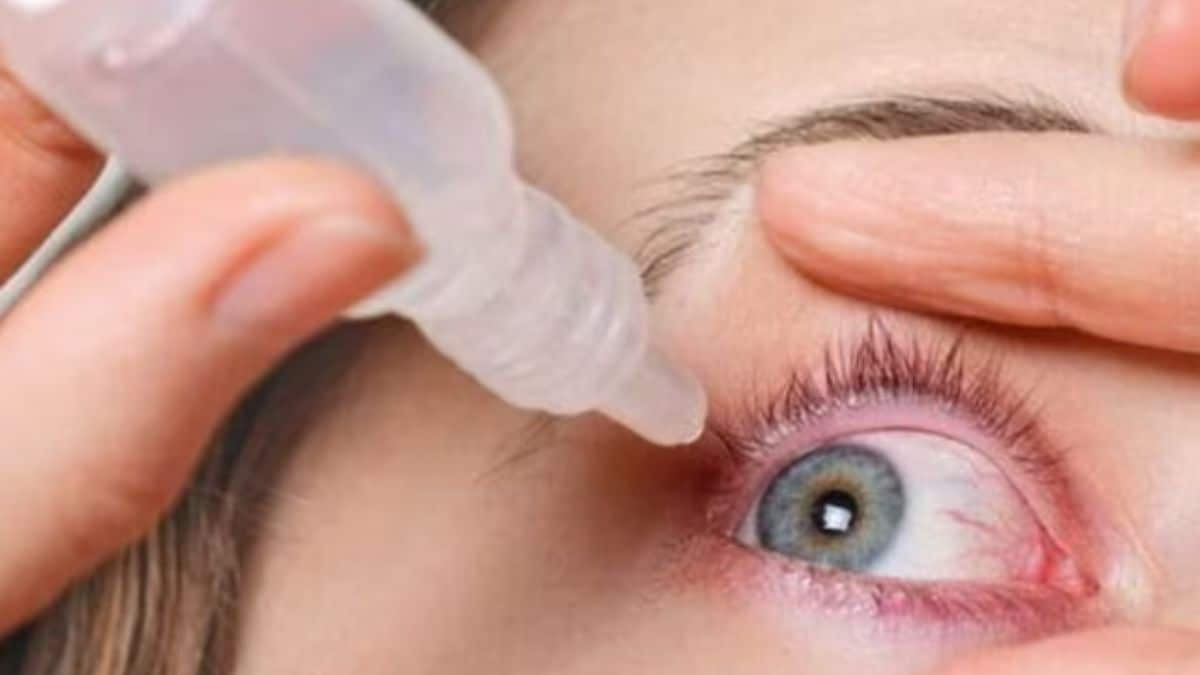

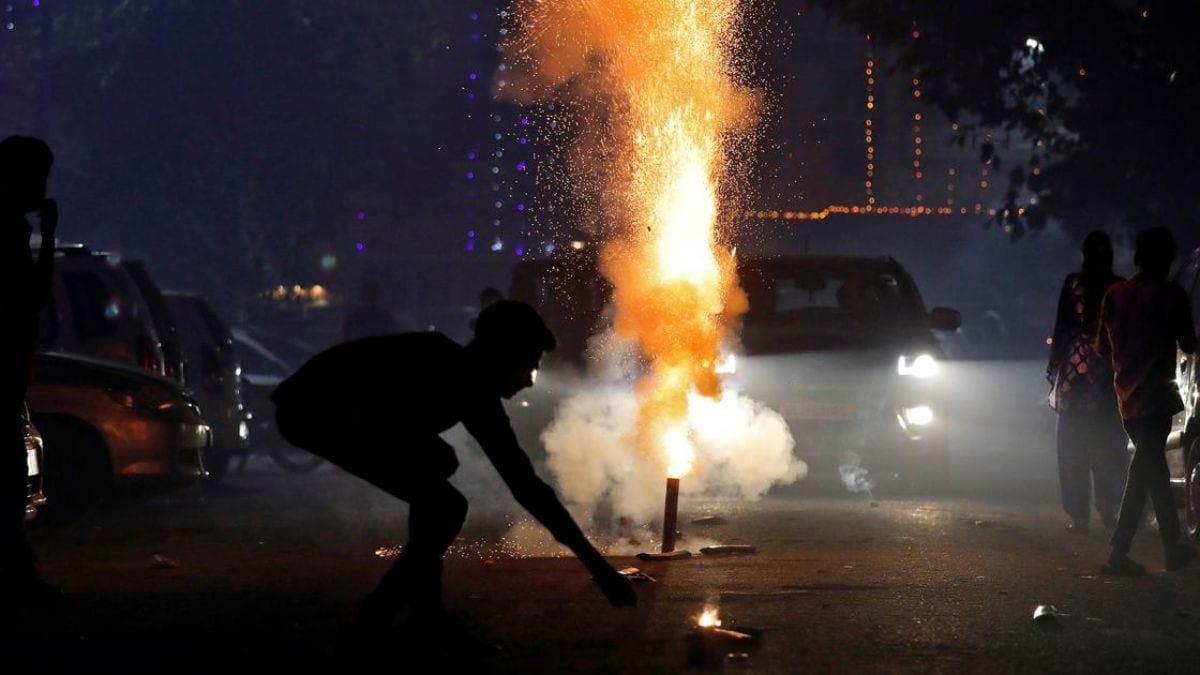
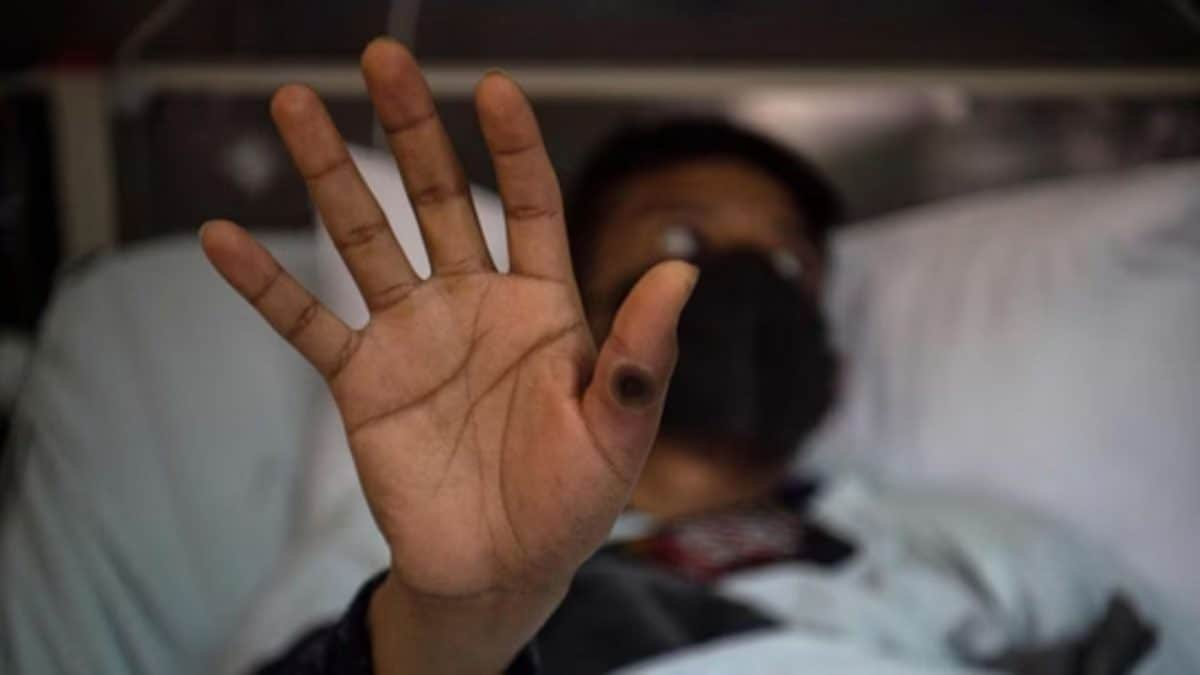
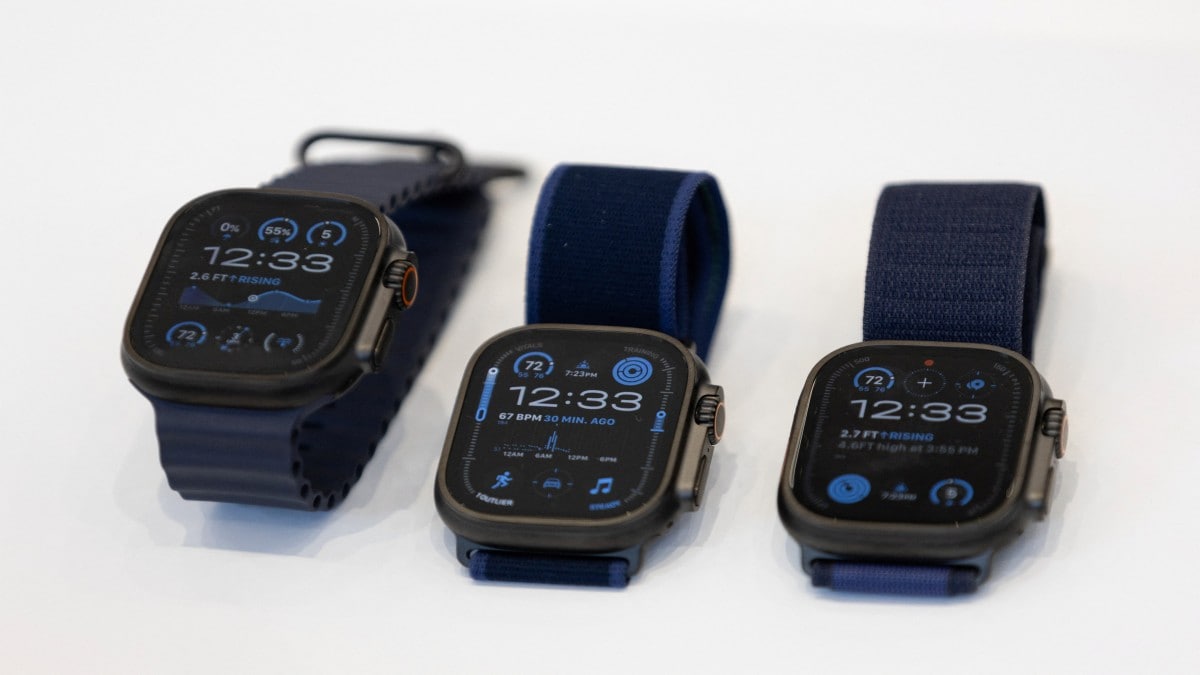

)
)
)
)
)
)
)
 English (US) ·
English (US) ·